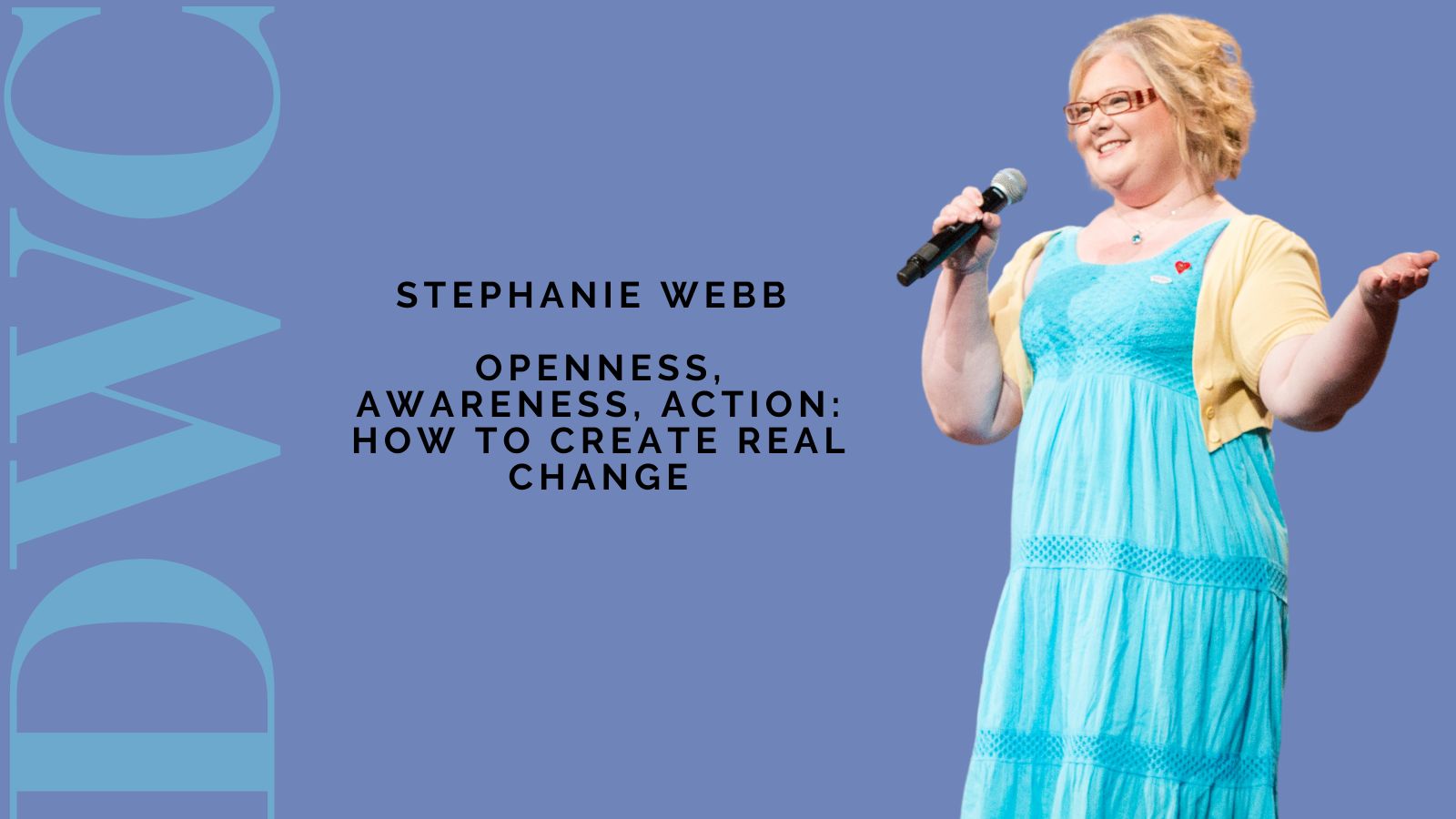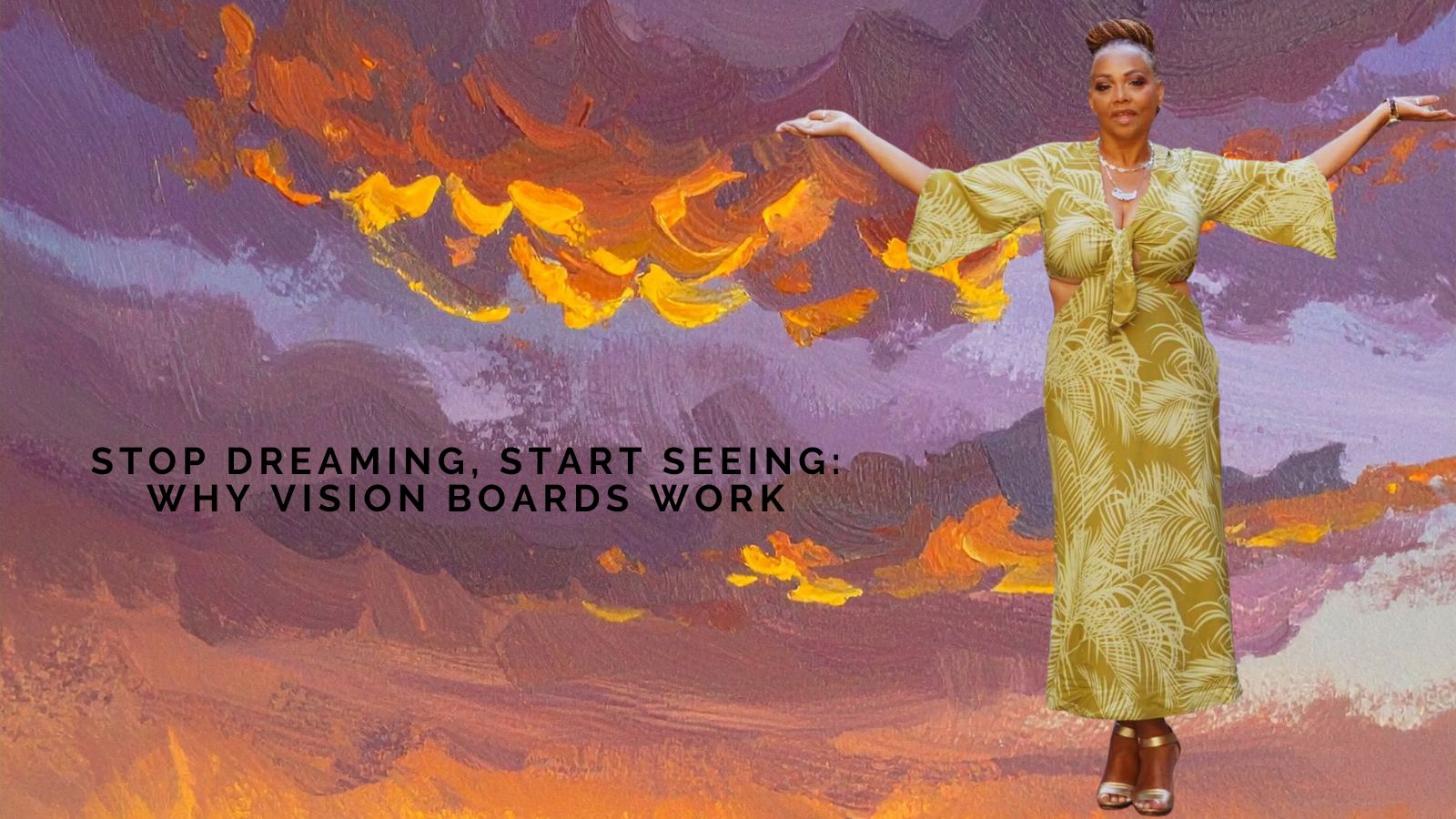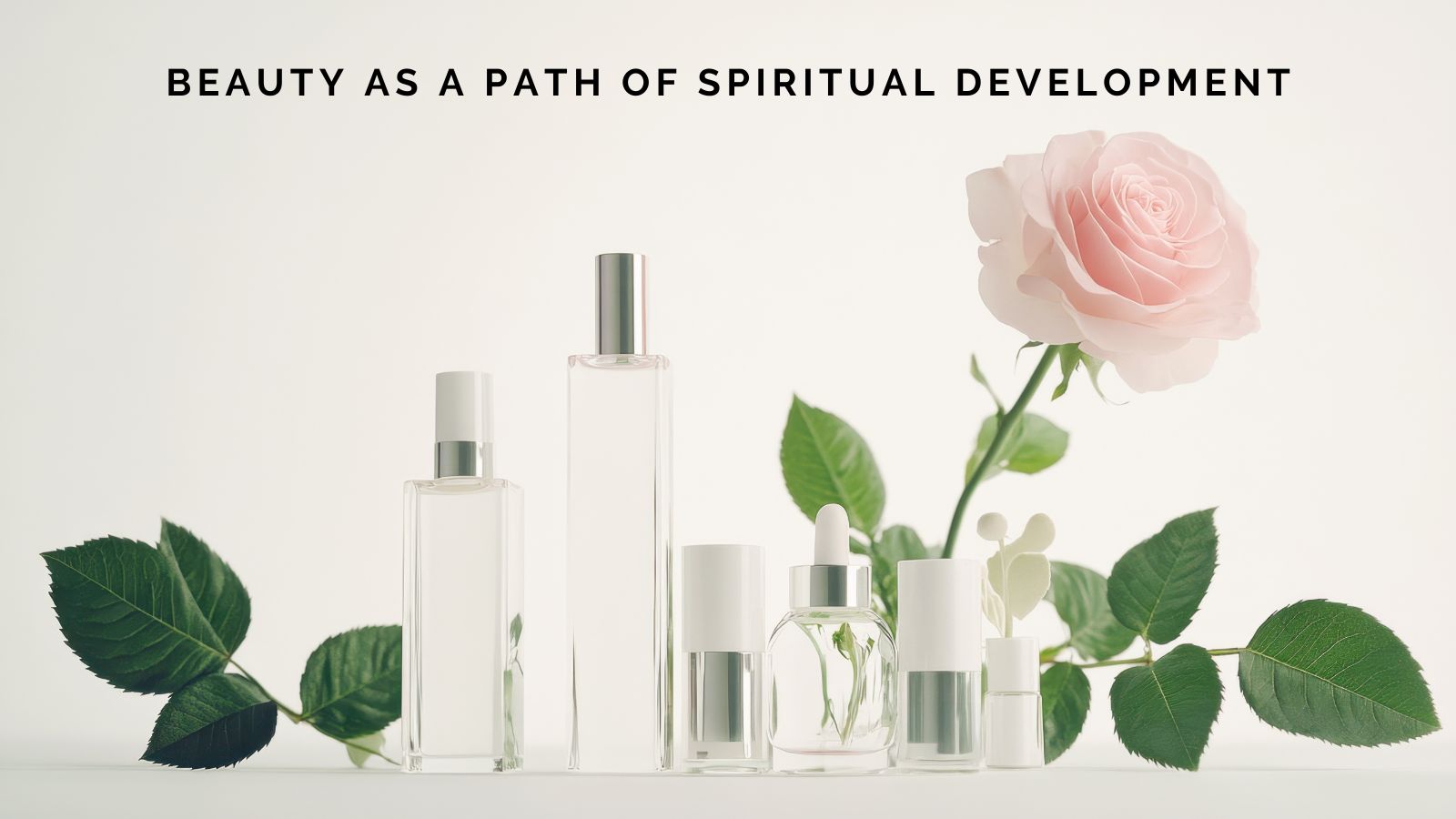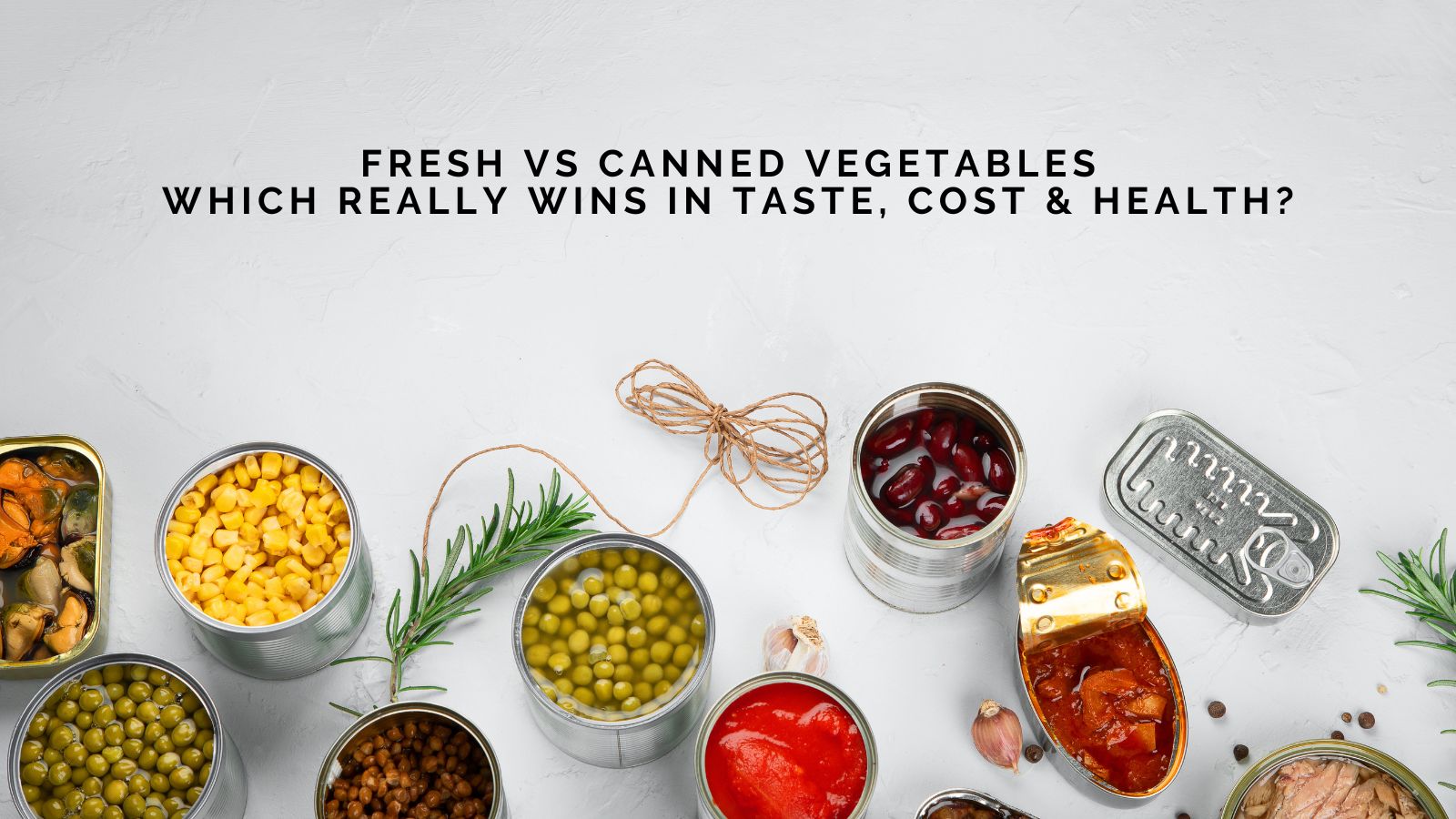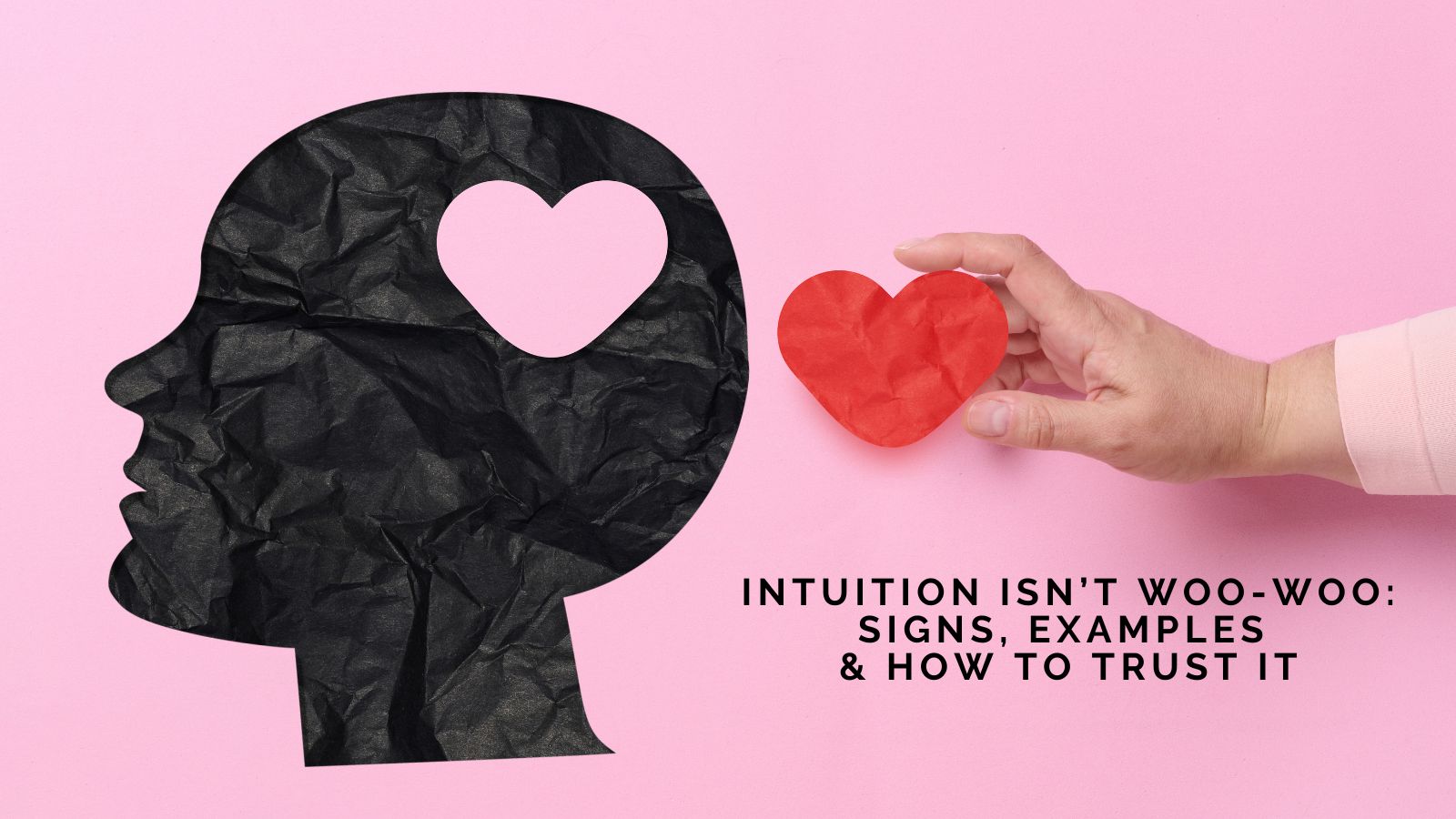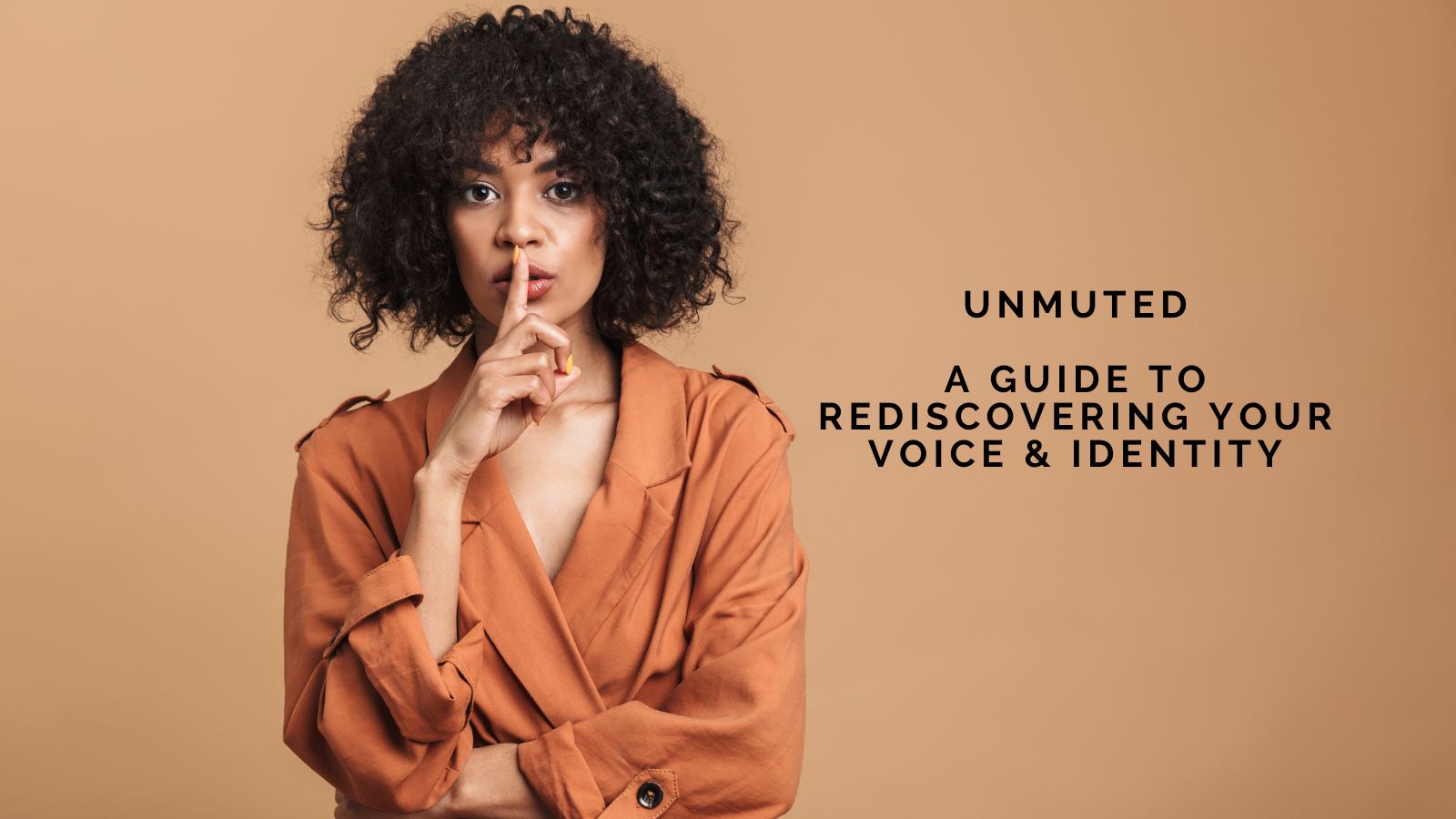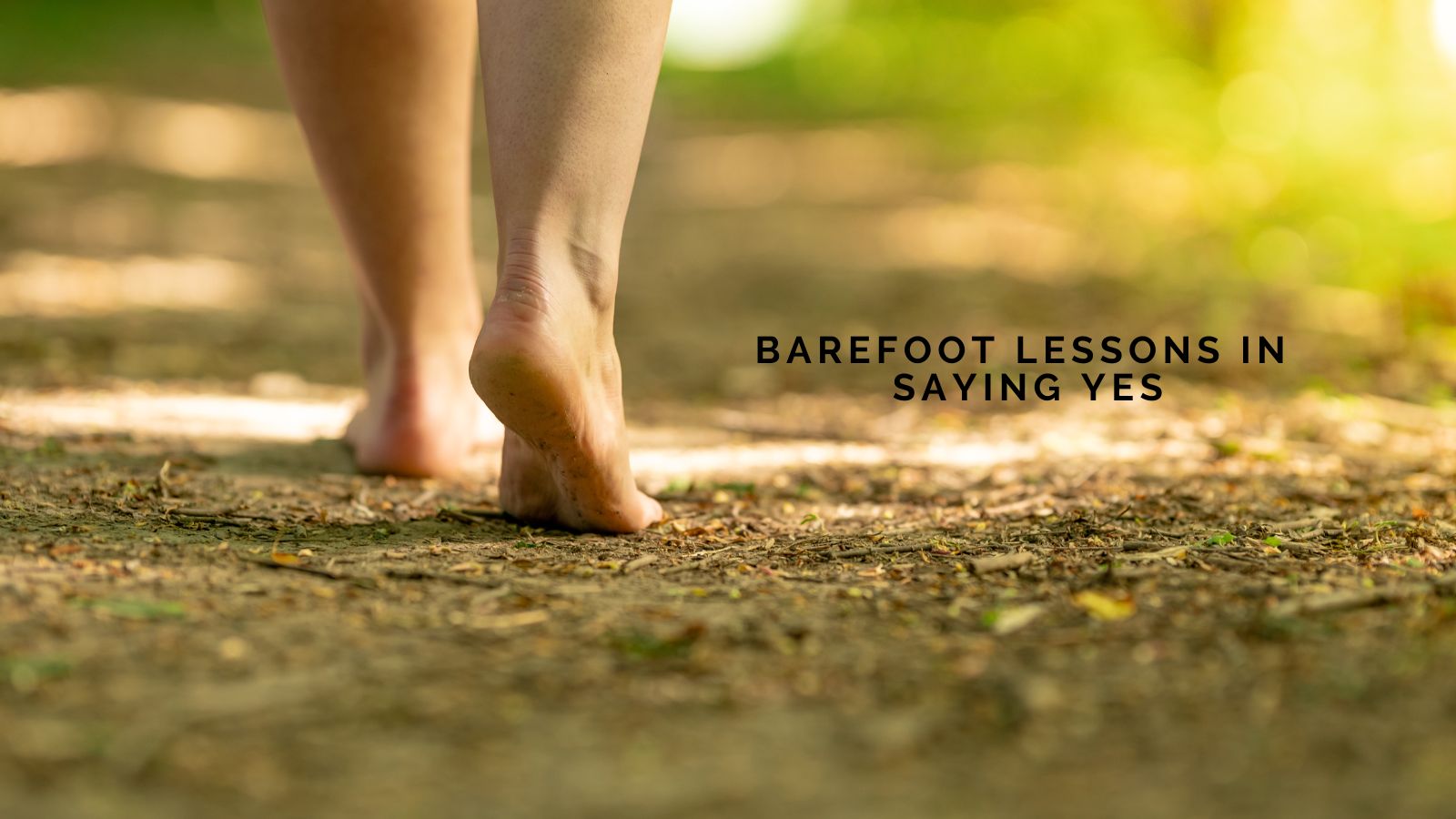
If you’ve read my last article, you’ll know I grew up with one foot firmly on dusty country earth and the other wandering toward boundless possibilities. What I didn’t share then, and what feels essential now, is how much of that spirit came from my darling great aunt, affectionately known to family as Dawgie.
She was the kind of woman who would find a reason, any reason, to kick off her shoes. I can still see them now: tucked under the dining table, abandoned at the back door, sometimes never making it out of the cupboard at all. Shoes, for her, were a suggestion, not a rule.
That small act says everything about the way she lived.
Dawgie said “no” to a few things that didn’t matter, but she said “yes” to far more that did. She said no to retiring on someone else’s timeline. She rewrote her birth date, ten years in a row, to stay in Papua New Guinea, teaching barefoot under the weight of impossible humidity and infinite love. If the children she taught there felt even half the warmth she gave me, they were among the luckiest souls alive.
And yet, life wasn’t all yes. Early in her marriage, Dawgie lost twins. A silence sits there for me, even now. I lost my son too, a twin to my daughter, and I often wonder what we might have shared if we’d ever spoken about it. She had passed before I married and before I gave birth to my beautiful children. I ache to know what words of compassion she might have offered. In typical Dawgie fashion, though, our conversations were rarely anchored in grief. Instead, they were filled with curiosity, about me, about my peers, about what young people were thinking. She wanted to know the shape of our lives.
There was the night we sat side by side watching Boy George on TV. I was a teenager, she was a widow in her eighties, and she loved it. Every outrageous outfit, every beat, every moment. She had this innate openness to ideas, music, culture, and people. It was magnetic.
When she moved back to Australia at seventy, Dawgie bought a triple block in the foothills with sweeping sea views. One block was a tennis court, the other two became her home and the garden that looked like something out of a secret storybook. When Mum had appointments in the city, 600 kilometres from the farm, I would go too. I spent days with Dawgie, wrapped up by her golden labrador and swept into her world of play, discovery, and enchantment.
She had the best craft supplies in the rumpus room. The kind of glitter, paper, and paint that could turn an ordinary afternoon into an alternate reality. Getting there, though, meant either the long walk through the garden and into the basement or facing the short scary route: holding Dawgie’s hand as we descended the inside stairs past the warrior masks she’d collected in PNG. Some of them seemed alive to my young imagination. They made me shiver, but I held tight to her hand and trusted.
And maybe that’s the point.
Dawgie taught me to trust. To explore. To lean into curiosity even when something felt uncertain. That’s why, years later at university, when I struggled through the labyrinth of Spanish grammar, I went straight to her. She didn’t just comfort me; she equipped me. She pulled out a tiny, well-thumbed grammar book that had been her own secret weapon. I still have it. It feels like a talisman, a quiet reminder that solutions often hide in unexpected places and that wisdom comes wrapped in love.
Of course, it wasn’t just books. Dawgie showed me how to say yes to life: yes to exploration, yes to adventure, yes to the slightly outrageous. She once travelled down a remote river in Nepal and was among the first two women from another continent ever to visit. Somewhere, lost to time, is a little black-and-white photo of her sitting on the bow of a small boat in the middle of a river surrounded by steep mountains. I wish I had it now, but perhaps her story matters more than the proof.
Her home was like walking through a personal museum of history and culture. Sweet jade elephants perched on the mantlepiece. Silk rugs pooled across the floor. Masks, some beautiful and some terrifying, lined the walls. Every object was a doorway to somewhere else. Every “yes” she’d ever chosen was somehow alive in that house.
Christmas was always marked with little gifts from her and her beloved golden labrador. Afternoons with her were spent pottering barefoot through the garden or, later in my teens, flamenco dancing in the kitchen after my lessons. She said yes to my music, my ideas, my curiosities, no matter my age.
I realise now how much of her lives on in me.
My love of gardening. My refusal to walk the prescribed path simply because it exists. My belief that curiosity opens doors we cannot yet see. My work today, helping people, projects, and possibilities ripple outward through the Global QI catalogue, exists because Dawgie taught me something vital:
The world will give you reasons to say no. Find the reasons to say yes.
I miss her. I still feel her beside me, padding barefoot through life.
And sometimes, when I kick my shoes off under the table, I swear I hear her laugh.
_(7)-2.jpg)
 (7).jpg)
